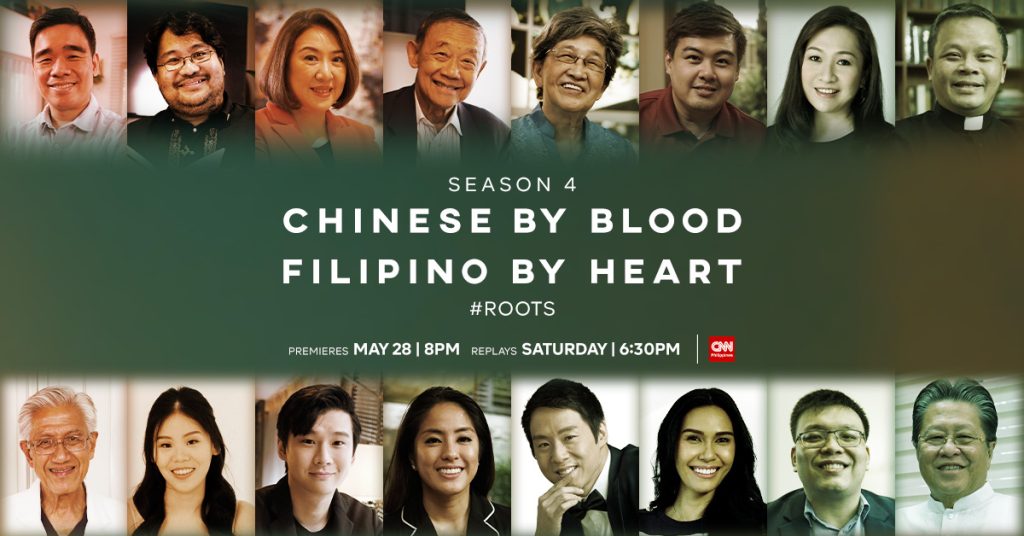“Ma, how can I tell Angkong I don’t like green peas on my plate?”
“Children these days do not want to speak Hokkien! They understand but choose not to speak.”
Unfortunately, these are normal Chinoy conversations between families that one can hear today. As more and more Hokkien-speaking people decide to forget their origin just to keep up with the demands of the Mandarin language, here’s a short video on what is currently happening with the language Chinoys call their own:
Minnan (閩南話 Bân-lâm-ōe) is the main language of Southern Fujian and has spread from to different places in the world over the years. It is known by several names: Minnan hua (Mainland China), Hokkien, 福建話 Hok-kiàn-ōe, (Southeast Asia) which means Fujian the province in Minnan, and “Our People’s Language, 咱儂話 Lán-lâng-ōe” in the Philippines.
Technically, all Chinese language and dialects use the same set of formal characters in reading and writing. For example, if we have a Minnan speaker and Mandarin speaker, even if they couldn’t communicate with each other, they would be able to understand written exchanges. However, if a Minnan speaker uses an informal Chinese character, a Mandarin speaker will not be able to understand it.
The decline in usage of Lán-lâng-ōe among the younger generation is inevitable as Mandarin becomes the common language of the Chinese community. The unfortunate truth of today is that most Chinese parents would dare not burden their children to learn a dialect or language that has no economic value to the world.
In 2017, The Penang Monthly bulletin emphasized and headlined the situation through the writeup ‘Penang Hokkien on life support.’ They interviewed Penang Hokkien Language Association secretary, Ooi Kee How, who stated, “You can survive if you do not speak Hokkien; you can get by with speaking only one language your entire life. But the thing is, something will diminish. Our creativity, our cultural identity, will decline. A lot of innovations will disappear because different languages shape the way we think differently.” Unfortunately, a frightening possibility is that decades from now, Hokkien may not be heard or spoken anymore.
Aside from The Penang Monthly, Malaysia’s Malay Mail also expressed their concern with an article headlined: ‘Penang Hokkien will be ‘dead’ in 40 years if people stop using it, says language expert.’ Based on research, from the 1900s until the 1990s, Hokkien was the street language—everyone spoke it on the street regardless of what their mother tongue was at home. Sadly, a lot of Hokkien people do not speak the language anymore due to the common misconception that it is inferior to Mandarin.
Researchers suggest that the only way to keep our language alive is for Hokkien speaking people to realize the significance of the language and break the stigma of Hokkien being merely a deviation of the Mandarin language.
Hokkien is a dying language, according to UNESCO AD Hoc Expert Group on Endangered Languages
Hokkien has been considered endangered mainly because of Han Chinese nationalism, which advocates the use of Mandarin above other Chinese tongues. In fact, Chinese schools are starting to use only Mandarin while banning other tongues such as Cantonese and Hokkien. Some students are even punished for using their mother tongue over Mandarin in school.
Hokkien has not been actively passed on to the next generation.
Younger Chinese parents have a general lack of interest in the dying language. Parents believe that Hokkien just doesn’t have the same economic value as Mandarin anymore, so why bother? Besides, even if one wishes to learn Hokkien, educational materials made available are little to none. If you think about it, have you seen books that use Hokkien? Even in the media, the presence of Hokkien is minimal to non-existent. In 2016, Singapore released a Hokkien drama series called ‘Eat Already?’ and until the end of its finale, they hardly garnered any interest from the younger generations.
The death of Hokkien will be the death of a culture.
Hokkien might be saying goodbye soon. In a few decades, Hokkien may just be another language that is now foreign to everyone. When we lose Hokkien, we don’t just lose our language. We lose our whole culture including traditions, myths, stories, and songs.
Now what will you do to help save your language and cultural identity? It’s never too late to save Hokkien. Let’s all help each other to keep it alive.



2 thoughts on “Why Hokkien-speaking Chinoys should keep on using the language”